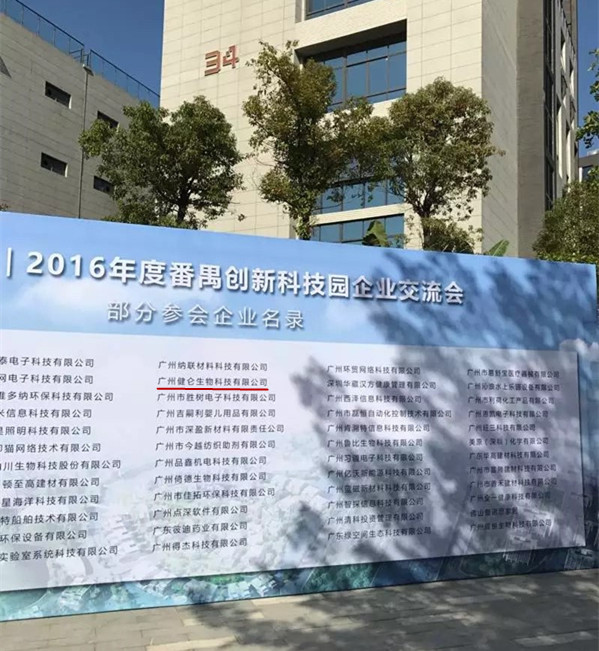- 产品描述
巴尔通体IgG免疫荧光玻片试剂盒
Bartonella henselae 120-test IgG IFA kit
广州健仑生物科技有限公司
主要用途:用于检测人血清中的巴尔通体 IgG 抗体
产品规格:12 孔/张,10 张/盒
包括包柔氏螺旋体菌、布鲁氏菌、贝纳特氏立克次体、土伦杆菌、钩端螺旋体、新型立克次体、恙虫病、立克次体、果氏巴贝西虫、马焦虫、牛焦虫、利什曼虫、新包虫、弓形虫、猫流感病毒、猫冠状病毒、猫疱疹病毒、犬瘟病毒、犬细小病毒等病原微生物的 IFA、MIF、ELISA试剂。
巴尔通体IgG免疫荧光玻片试剂盒
我司还提供其它进口或国产试剂盒:登革热、疟疾、西尼罗河、立克次体、无形体、蜱虫、恙虫、利什曼原虫、RK39、汉坦病毒、深林脑炎、流感、A链球菌、合胞病毒、腮病毒、乙脑、寨卡、黄热病、基孔肯雅热、克锥虫病、违禁品滥用、肺炎球菌、军团菌、化妆品检测、食品安全检测等试剂盒以及日本生研细菌分型诊断血清、德国SiFin诊断血清、丹麦SSI诊断血清等产品。
欢迎咨询
欢迎咨询2042552662
二维码扫一扫
【公司名称】 广州健仑生物科技有限公司
【】 杨永汉
【】
【腾讯 】 2042552662
【公司地址】 广州清华科技园创新基地番禺石楼镇创启路63号二期2幢101-3室
【企业文化】


与此同时,该细胞可有助于自身免疫性疾病的研究。“这项技术可能提供了一些方法来创建模型系统来研究糖尿病的遗传基础,或者发现新的提高现有β细胞的治疗方法,,” 费雷尔说道。梅尔顿说,他的实验室已经有来自于糖尿病患者(1型和2型,并且β细胞没有被破坏)和健康对照组的iPS细胞系。他们从那些细胞系中生成β细胞,去寻找可能解释不同形式的糖尿病如何发展的差异。他们还将筛选出化学物质,其可以阻止甚至逆转糖尿病对β细胞的伤害。
梅尔顿说,他的儿子和女儿——现在23和27岁,对他的研究小组取得的进展感到很高兴,但感到意外。扭转了父子的角色,他们温柔地唠叨他“开始着手解决[免疫排斥反应]的问题。”
得克萨斯大学西南医学中心的研究人员在一个代谢途径中发现一个“阿喀琉斯之踵”,其对于阻止肺癌细胞生长有着至关重要作用。
在心脏中的这个通路位于PPARγ(过氧化物酶体增殖物激活受体γ),是调节正常细胞的葡萄糖和脂质代谢的一个蛋白。通过抗糖尿病药物激活肺癌细胞的PPARγ,它们可以阻止这些肿瘤细胞的分裂。
“我们发现,激活PPARγ会导致癌细胞中的主要代谢发生变化,损害了它们处理氧化应激的能力,” UT西南尤金·麦克德莫特人类生长和发育中心,药理学系,哈罗德·西蒙斯C.癌症中心和塞西尔H.和艾达绿色抗原抗体生物学科学中心的副教授Ralf Kittler博士说。
At the same time, the cells can contribute to the study of autoimmune diseases. "This technique may offer ways to create a model system to study the genetic basis of diabetes or find new ways to improve existing beta-cells," Ferrer said. Melton said his lab already has iPS cell lines from patients with diabetes (type 1 and 2, with no destruction of beta cells) and healthy controls. They generated beta cells from those cell lines looking for differences that might explain how different forms of diabetes develop. They will also screen out chemicals that can prevent or even reverse the damage that beta-cells do in diabetes.
Melton said his son and daughter, now 23 and 27, are happy about the progress made by his team but were surprised. Reversing the role of father and son, they nagged gently that he "started to solve the problem of [immune rejection]."
Researchers at the University of Texas Southwestern Medical Center found a "Achilles heel" in a metabolic pathway that plays a crucial role in stopping the growth of lung cancer cells.
This pathway in the heart is located in PPARγ (Peroxisome Proliferator Activated Receptor γ) and is a protein that regulates glucose and lipid metabolism in normal cells. By anti-diabetic drugs activate lung cancer cells PPARγ, they can prevent the division of these tumor cells.
"We found that activation of PPARγ leads to changes in the major metabolism of cancer cells, impairing their ability to handle oxidative stress," UT Southwest Eugene McDermott Human Growth and Development Center, Department of Pharmacology, Harold "Said Ralf Kittler, Ph.D., Simons C. Cancer Center and Associate Professor at the Cecil H. and Ida Green Antigen Antibody Biology Science Center.



